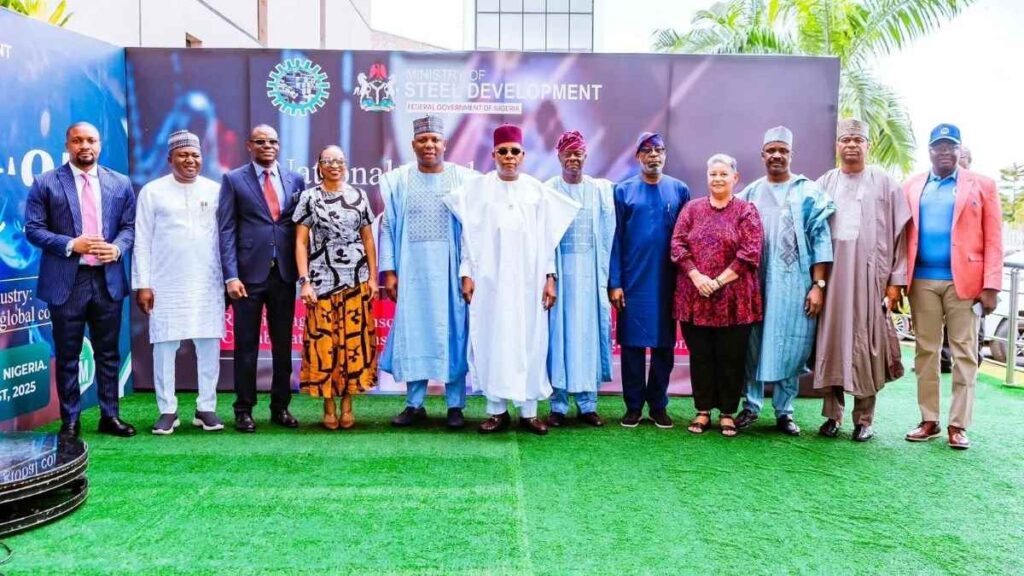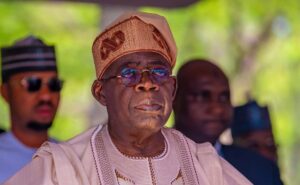President Bola Tinubu has announced that Nigeria aims to become a major steel producer by 2030, with a goal of producing 10 million tonnes of liquid steel each year.
Speaking in Abuja on August 13 at the first steel sector stakeholders’ summit, Tinubu, through Vice-President Kashim Shettima, emphasized that his government is determined to make steel a central part of Nigeria’s industrial growth and economic diversification.
He explained that the creation of the Ministry of Steel Development in 2023 shows the government’s plan to fully extract, process, and sell Nigeria’s mineral resources, with a strong focus on reviving the Ajaokuta Steel Company.
Tinubu said, “We are not here to dwell on missed chances but to shape the future.” He highlighted a deal signed with Tyazhpromexport (TPE) and its partners to rehabilitate and operate both Ajaokuta and the Itakpe Iron Ore Mining Company.
Proposals from Chinese companies and other investors are also being considered, while a technical and financial review of Ajaokuta is ongoing to guide the selection of investors.
The president also revealed additional projects, including building five mini-LNG plants worth over $500 million with NNPC and private sector partners.
He announced a partnership with the Ministry of Defence to manufacture military equipment at the Ajaokuta Engineering Workshop. Plans are also underway to develop an industrial park, a free trade zone, and a military-industrial complex in the steel city.
In addition, a $465 million investment proposal has been submitted to revive the Aluminium Smelter Company in Ikot-Abasi, and Delta Steel Company, now Premium Steel and Mines, plans to resume operations within 18 months.
The government has also attracted a $400 million investment from Stellar Steel, part of the Inner Galaxy Group, to build a new plant in Ewekoro, Ogun State, for producing hot-rolled steel coils and plates.
Tinubu said his administration’s roadmap for the steel sector includes fully operationalizing Ajaokuta within three years, creating over 500,000 jobs, improving infrastructure, reforming regulations, and building local skills.
He urged private companies to work with the government, noting that the scale of transformation needed cannot be achieved by the public sector alone.







